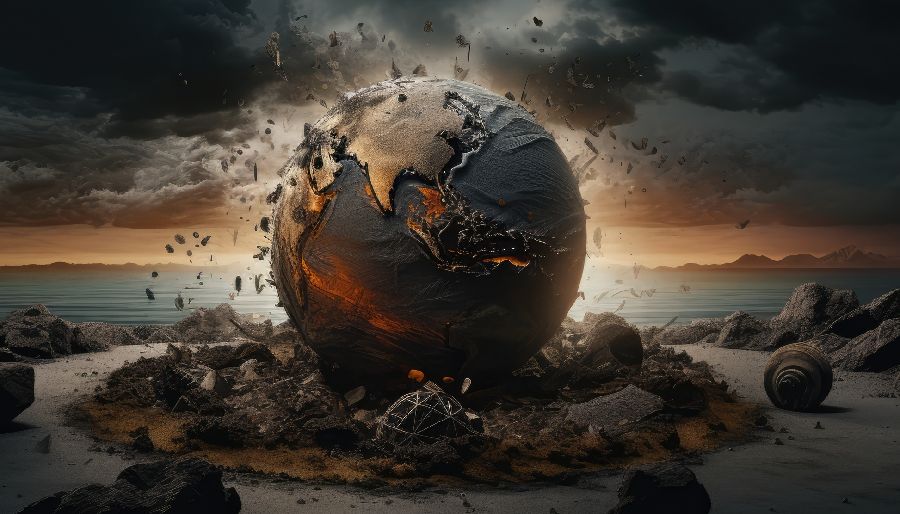Rare Earth Metal’s Impact on the Economy & Society

Yet the economic benefits come at a steep cost. In places like Baotou, Inner Mongolia, home to some of the world’s largest rare earth reserves, decades of intensive mining and chemical processing have left behind environmental damage. The extraction process involves toxic chemicals and produces large volumes of radioactive waste. Tailings ponds near Baotou contain millions of tons of contaminated sludge, and nearby soil and water sources show elevated levels of heavy metals and radiation.
Local communities have taken the worst of this pollution. Residents living near mining zones have reported increased rates of respiratory illness and cancer, and once fertile farmland has become unusable. In some cases, entire villages have been relocated, with limited support or compensation. Workers in smaller, less regulated operations face unsafe conditions, low pay, and health risks from exposure to hazardous materials.
As reserves face increasing pressure, Chinese companies have expanded their operations overseas, particularly into resource rich but politically unstable regions. In areas like northern Myanmar, rare earth mining has been linked to deforestation, water contamination, and local conflict. These activities often operate with limited oversight, raising concerns about human rights and environmental exploitation.
China’s role in the rare earth market is central to the global push for decarbonization, but it also reveals a difficult tradeoff. The technologies driving the green economy rely on materials whose extraction is anything but clean. As governments and corporations race to secure critical minerals, questions around sustainability, environmental justice, and long term accountability remain unresolved.
– By Mika Katznelson
